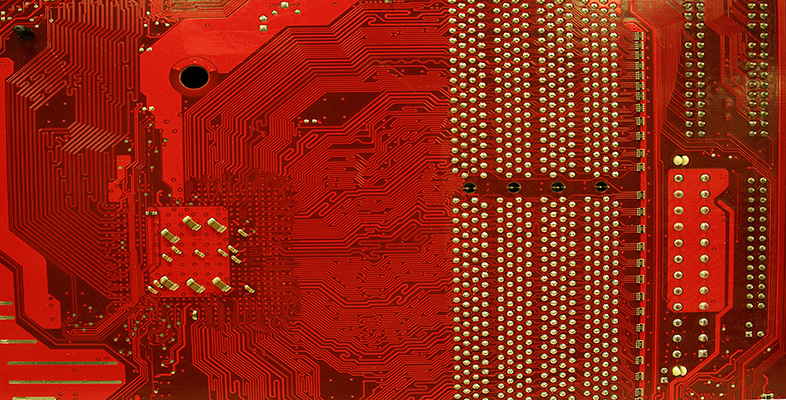1.1.3 What has been the public attitude to artificial creatures?
Chess automata and mechanical animals astounded and delighted the 18th and 19th century public. However, the prospect of truly humanoid creations, with human powers, has always aroused much more mixed feelings.
SAQ 1
Look back at the brief quotation from Isaac Asimov's The Evitable Conflict'. What is your reaction to the vision of a world absolutely run by benevolent machines?
Answer
Probably the same as mine: suspicion and hostility. Whatever humanity's shortcomings, and however great its ignorance, we would all prefer our fate to be in the hands of humans rather than machines.
A constant wavering between antagonism and approval runs through the history of humanity's long love affair with technology. The prospect of artificial creatures brings this ambivalence dramatically into the foreground. You'll recall that the Golem started as trusted protector of the Jews of Prague. However, it soon became a danger and had to be destroyed. To the extent that talking heads were believed in at all, they were seen as the work of the devil. The robots of Asimov's stories, although supposedly governed by iron laws preventing them from harming humans, all too often seem to be on the verge of running amok. Even today, many people are suspicious of the power of computers and of the role they play in our lives. And now, when at last we have a limited power to manipulate living things through gene technology, and perhaps to use this technology to tailor life to our needs, such work is widely believed to be a dangerous and immoral interference with nature.
